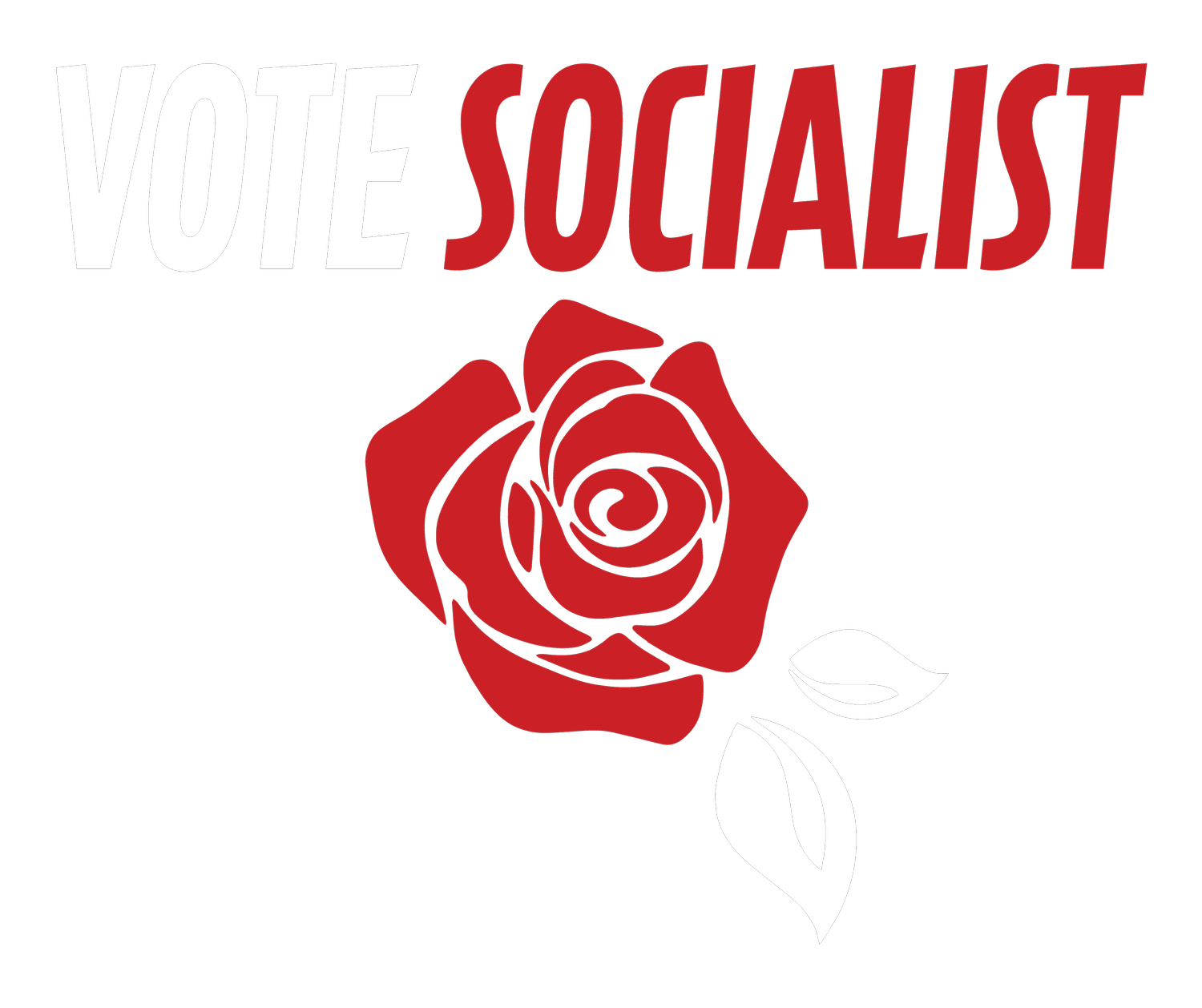Accessibility Justice
Voices that must be heard
Policy Goal
All city policies must be considered through an accessibility lens in order to ensure full inclusivity of all residents, regardless of disability status. Disabled people have historically been excluded from city planning processes, and cities were historically designed to exclude them. We have a long way to go to right these profound wrongs.
Pathways to Change
Apply an anti-ableist, intersectional disability lens to all new and existing city policies, systems, services, funding, and structures; ensure that all standards, practices, policies, codes, and by-laws will be superseded by and subject to this lens and be brought into compliance; facilitate the adoption of this policy perspective by all Vancouver businesses and organizations;
Hire two (2) permanent Accessible Housing Specialists, with preference given to applicants with lived experience of disability, as part of the City’s Accessibility Strategy Phase 2;
Complete the protected active transportation network throughout the city to allow safe walking and rolling with a variety of devices; accelerate the curb cut and sidewalk infrastructure completion throughout the City; with business sidewalk expansion to make sure there are clear pathways for movement; widen sidewalks to 4 m minimum to allow safer and easier mobility as well as opportunities for rest and socializing;
Ensure new residential and commercial units are built to standards that prioritize the safety of persons with disabilities, including earthquake and fire safety, fire escapes, ASHRAE-compliant HVAC, chemical-free units, an independent backup power supply, and mitigations to protect residents from extreme weather events;
Build tactile strips on sidewalks, transit stations, and other areas to improve safety for low-vision people;
Improve processes to reduce the time and costs of accessing approvals and permits from the city; and facilitate online access to information, services, and volunteering opportunities on city advisory groups;
Provide meaningful opportunities for residents to engage with the Council and city staff, voice their opinions, and participate in democratic decision-making;
Improve methods by which residents can communicate with the city hall, including a variety of in-person and virtual feedback, and service hours that accommodate different work schedules and accessibility needs.
Resources
Note: The resources on each of our policy pages are a starting point for learning about various issues and organizations doing work in these areas. This is not a comprehensive list and VOTE Socialist is not affiliated with the organizations listed here. We hope that these resources will help you reflect on and consider community engagement with the pathways to change suggested. We organize and lead with courage not fear, with transformative vision not limits. Vote on October 15!
▶︎ Anti-ableist City Platform
by Gabrielle Peters
Modern Western Ableism defines what is normal not just in a human but in human design. It determines which humans will be designed for in the built environment, the organization and allocation of space, funds, policy and practice. In this way, it allows for the intentional construction of marginalization and rationalizes the inequitable distribution of, and access to, resources and power.
VOTE Socialist supports the platform for an Anti-ableist City as outlined in the above document.
Follow Gabrielle Peters:
She fought to get a mat on the sand so her wheels could take her to the sea. - Upworthy
▶︎ Street Sweeps & Disability Justice - Pivot Legal Society
▶︎ Review: Accessibility for Justice: Accessibility as a Tool for Promoting Justice in Librarianship
▶︎ Check out Creating Accessible Neighbourhoods (CAN) and the work they do: Creating Accessible Neighbourhoods
